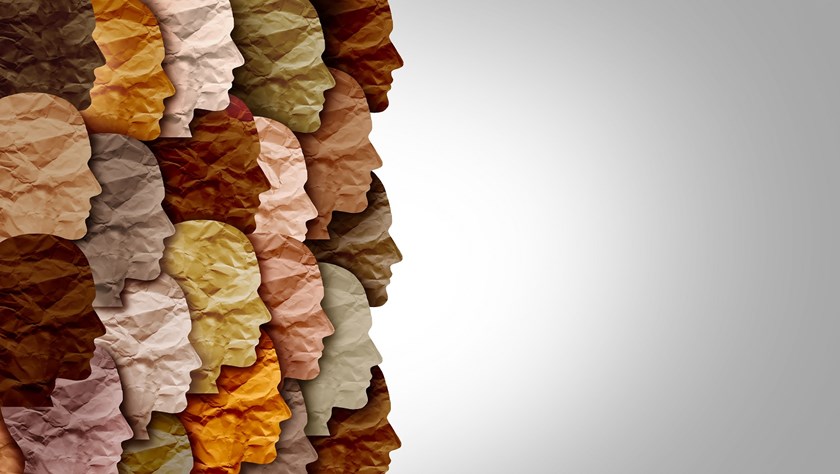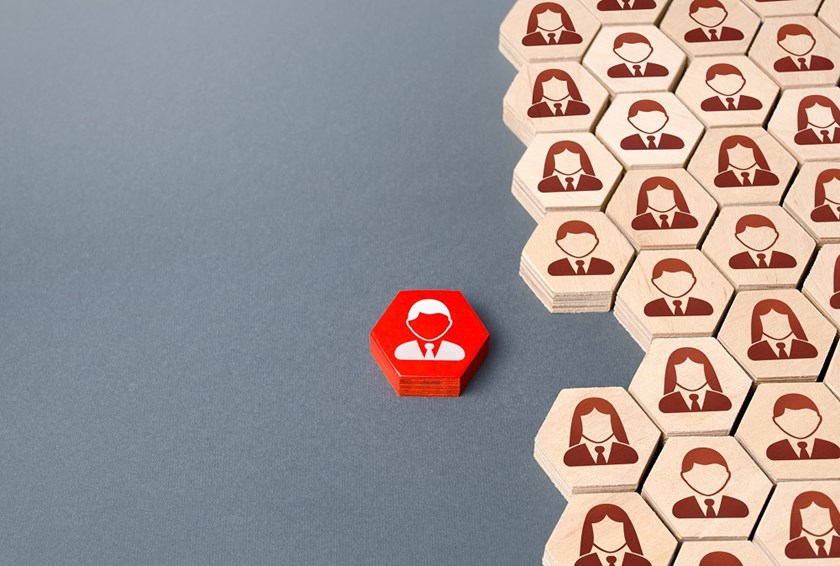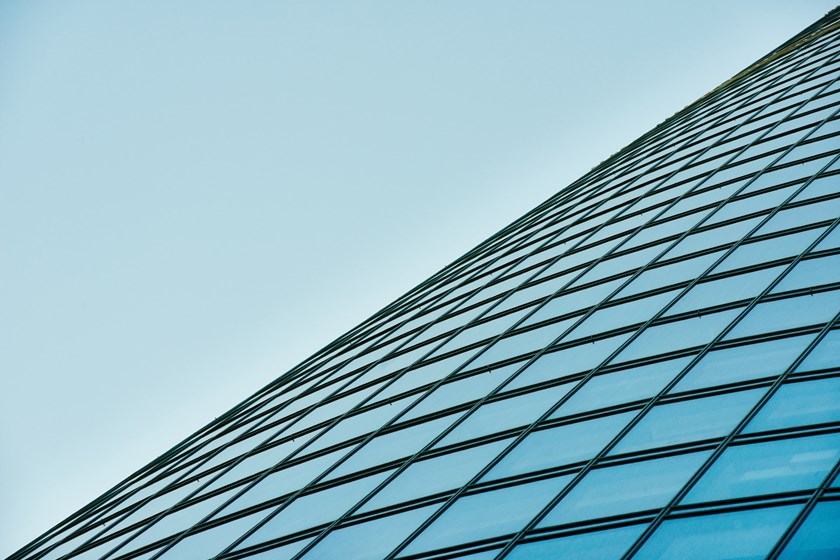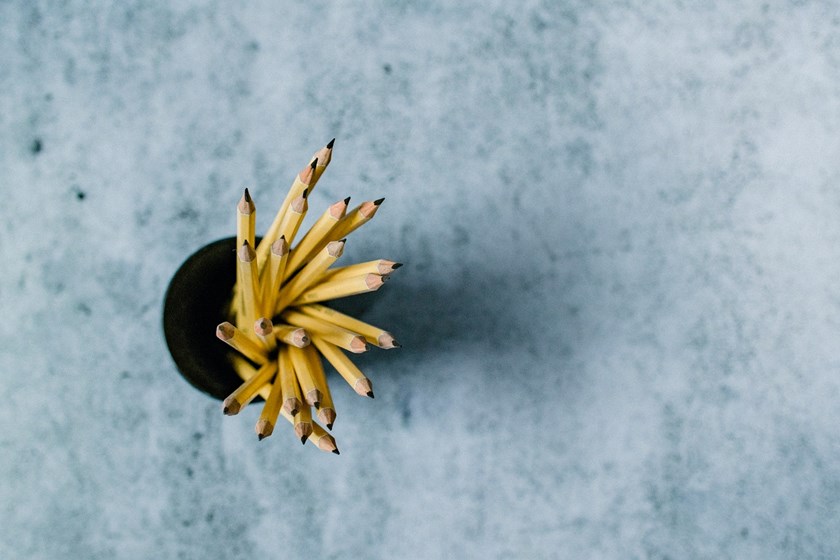The Lighthouse: in conversation with Alex Colclough and Effi Stergiopoulou
Insight

Lise McCarthy, Associate in Farrer & Co’s Safeguarding Unit, speaks to Alex Colclough, an experienced Director of Safeguarding and safeguarding consultant, and Effi Stergiopoulou, Operations Manager at The Lighthouse.
The Lighthouse is the UK’s first Child House providing medical, advocacy, case management, police and therapeutic support to children and young people who have experienced sexual abuse. The Lighthouse is based on the international Barnahus model, which has been around since the 1990s. It is run by University College London Hospitals NHS Foundation Trust (UCLH) in partnership with the Metropolitan Police and the NSPCC. The NSPCC provides one of the therapeutic interventions offered at the service.
Lise: Alex and Effi, it is wonderful to meet you to talk about The Lighthouse. How did you get involved with the project and what is the nature of your involvement?
Effi: I have worked in the NHS for nearly 20 years and my interest has always been around safeguarding and health inequalities and working with groups that need extra support. In previous roles I have worked with migrant women, men and women in the sex industry and in sexual health and HIV services, including managing the young people's sexual health network in Camden and Islington. I joined the Lighthouse in 2022.
Alex: I became involved last year when I joined the Lighthouse’s Professional Advisory Group, a new initiative to look at the Lighthouse’s strategic direction and how to raise its profile. What the Lighthouse is doing in this country is very important and I want to do all I can to propel it forward and grow it. It is an exceptional model that every child in the country should have access to.
Lise: What interested you about The Lighthouse in comparison to other safeguarding projects and initiatives?
Effi: I became interested in the Lighthouse because of its mission to support justice for children and young people who have experienced sexual abuse, while at the same time supporting their recovery. In my previous roles, sadly I regularly came across young people and adults who had been sexually abused and desperately needed support. Before the Lighthouse opened in North Central London, their options for support had to be pieced together via referrals to a whole list of different professionals. These were also often services tailored to adults.
The real difference at The Lighthouse is that all the professionals that families and survivors need are under one roof working together and the service is designed with children in mind. The service brings together all the elements that survivors of abuse need in one place, not only supporting them therapeutically but also maintaining their engagement with the criminal justice process and supporting them on that journey too.
Alex: Mobilising a multi-disciplinary network around a child is a real passion of mine and this is exactly the type of work The Lighthouse is doing. The concept of having all of these services under one roof so that children and young people who have experienced trauma are not then re-traumatised by having to visit different professionals in buildings not designed for children. It seems obvious – why aren’t we doing this already?
Lise: What sort of services does The Lighthouse provide to children?
Effi: The Lighthouse is effectively a "one-stop shop" offering holistic physical and emotional health support, advocacy and support through the criminal justice process to children and young people who have experienced sexual abuse.
Facilities on site include health examination and therapy rooms, an interview and court suite where children have the opportunity to give evidence in the criminal justice process at The Lighthouse without having to go to a police station or a court building, and a sensory room for children to take breaks, relax and play, or to ground themselves after giving evidence. The building has been designed specifically for the Lighthouse and all the professionals are physically located in the same building and employed by one employer. The system of care is completely joined up in that sense.
Alex: It enables continuity of care, which is so important in cases involving trauma. The children do not have to repeat their story over and over to different workers.
Effi: The Lighthouse also runs a parent course which aims to help parents to better understand their child’s trauma and how they can best support them without any stigma and in a safe space. The course is 10 weeks long and we run two per year at the moment.
Lise: That is interesting. How does involving the parents help the children?
Effi: It is so important to involve the parents. Children can come to The Lighthouse for their appointments, but they spend the majority of their time at home with family. Having a parent who can better support them is really key. Disclosures of sexual abuse are incredibly traumatic for a whole family. In some cases, it can lead to a family breaking down. It can be isolating for a parent. While the focus is rightly on the child, by supporting the parent you support the child.
Alex: At The Lighthouse, the aim is to do as much as possible to support and help the child now, to future proof against the potential ramifications of that trauma arising in the future. And it makes total sense. I am passionate about working in partnership. If we can work together with parents to take a consistent approach, the child stands a much better chance of having better outcomes.
Lise: How do children come to the Lighthouse and how many children are you helping?
Effi: Families can self-refer, but the majority of children are referred to The Lighthouse through children’s social care or via other professionals. We are currently commissioned to work within the London boroughs of Camden, Barnet, Haringey, Islington, and Enfield.
Within that area, we have funding to treat 220 children a year. Unfortunately, the need is much greater than that, but in actual fact we are supporting hundreds more in the wider community by supporting professionals to support the families that they are working with. In the last 18 months we have supported over 800 children in the area.
We get involved in multi-agency strategy meetings and advising on referrals, for example. Advice and consultation makes up a large portion of our work.
Lise: Why is the Barnahus model different to anything we have seen in the UK before now?
Effi: There are many professionals in the UK supporting children and young people who have experienced sexual abuse, such as social workers, health staff, mental health services and ISVAs. The unique thing about the Barnahus model is that all these professionals work in a truly integrated way and the care is built around the child in one location rather than the child having to navigate many different locations, re-telling their story many times to get help.
There is a real focus on child-friendly justice giving evidence in a child-friendly setting and in a developmentally appropriate way, with a psychologist if needed. This allows children the best chance at giving 'their best possible evidence' in a place they feel safe in supported by people they know and trust, away from a court building. The model also focuses on early access to specialist therapy to support children and young people’s recovery as early as possible and health assessment.
Lise: Effi, I understand you have recently been to visit the original Barnahus in Iceland. What did you learn about the origins of the project and is there anything in particular you are going to take back to The Lighthouse?
Effi: One of the most marked differences to the UK is that they operate in an inquisitorial criminal justice system and the Barnahus is part of the criminal justice process in child sexual abuse cases. This means that within one week of a disclosure, a psychologist who is also a forensic interviewer will carry out a video-recorded interview at the Barnahus which is observed by a judge, the police, prosecution, defence, social services etc, who can ask their questions there and then. After that the child can focus on their recovery and doesn't have to give evidence again unless a further disclosure comes to light.
It was an incredibly rich learning experience to visit the Barnahus in Iceland and it inspired us to continue advocating for increased access to Barnahus services in England. Also, on a practical level, we want to consider how we can make our therapeutic rooms cosier and more inviting, similar to the ones they have in Iceland.
Lise: What is next for The Lighthouse?
Effi: Like many other NHS services, our immediate focus for the next twelve months is on achieving long-term sustainable funding for the service. Having established a professional advisory group with some very experienced professionals working with children and families and in the area of sexual violence, we look forward to taking the service to the next level and advocating nationally.
We are also working to increase awareness of our child-friendly justice facilities for remote court links through outreach work with local courts, judiciary and police forces.
Finally, we will of course continue to work with others, including our partners, the Children’s Commissioner and supportive politicians, to advocate for more Child Houses throughout the country.
Alex: The big dream is a Child House in every local authority in England that is well understood and used by children and their families and professionals. Ultimately, we want to see a reduction in the number of children and young people growing up traumatised by sexual abuse and more children who are adequately equipped to face their future after abuse.
To learn more about The Lighthouse, visit thelighthouse-london.org.uk. If you are interested in funding or collaborating with The Lighthouse, contact [email protected]. Donations can be made via the UCLH Charity website, selecting “The Lighthouse Fund” from the drop-down menu.
This publication is a general summary of the law. It should not replace legal advice tailored to your specific circumstances.
© Farrer & Co LLP, April 2024







